HPE just unveiled a next-gen HPC cluster at the University of Southampton: Iridis 6 uses ProLiant Gen11 servers powered by 4th Gen AMD EPYC processors — and it’s four-times more powerful than its predecessor
Iridis 6 will be used for research projects examining genomics, aerodynamics, and renewable batteries

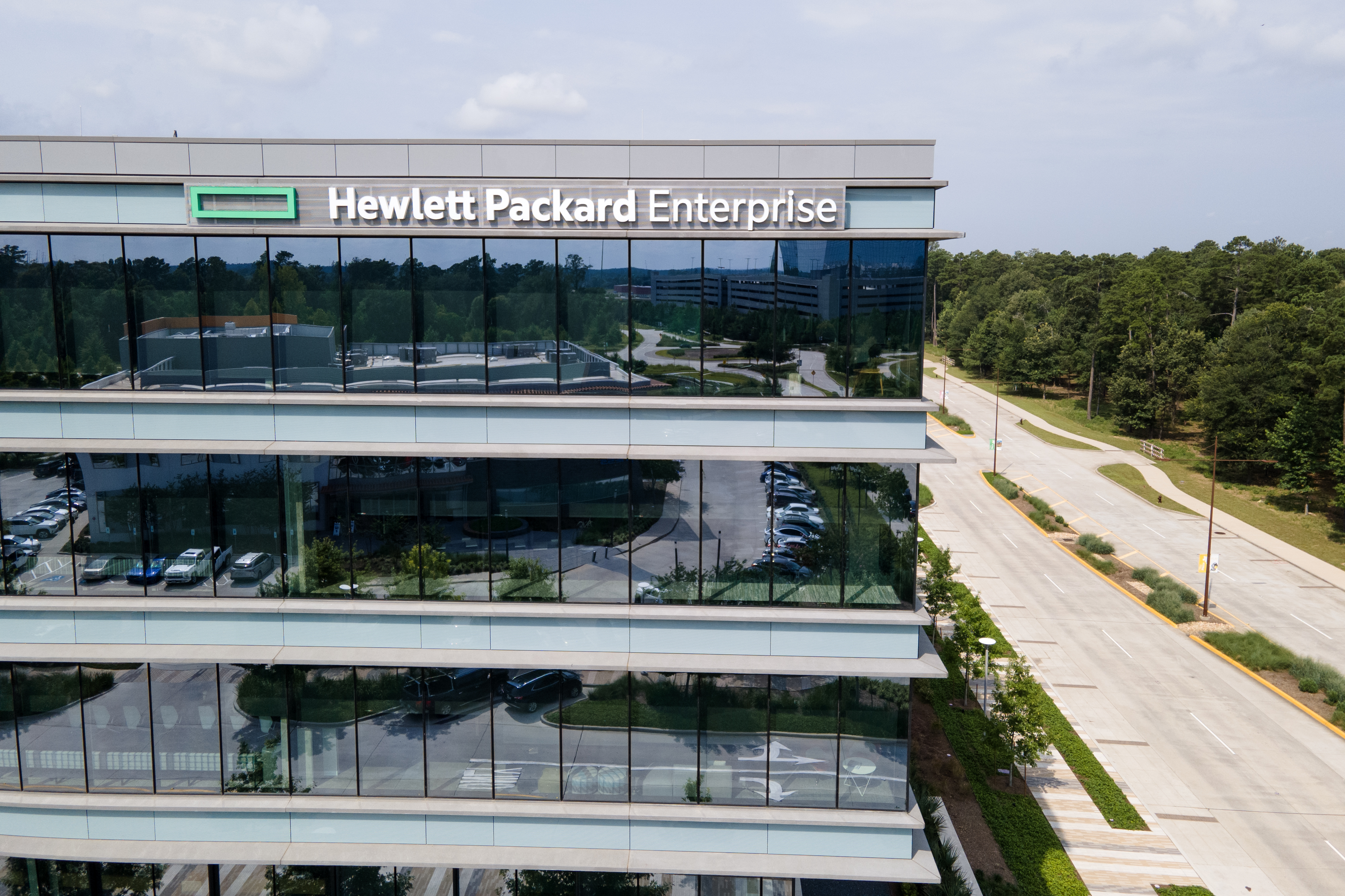
Sign up today and you will receive a free copy of our Future Focus 2025 report - the leading guidance on AI, cybersecurity and other IT challenges as per 700+ senior executives
You are now subscribed
Your newsletter sign-up was successful
Hewlett Packard Enterprise (HPE) has unveiled a sixth-generation high-performance computing cluster, Iridis 6, for the University of Southampton.
The new system upgrades and expands on the existing capabilities of its predecessor Iridis 5, which was first introduced in 2018 and went straight into the Top500 supercomputer list at number 251.
Iridis 6 will improve the system's sustainability and performance, HPE revealed, and will advance the university's existing research in areas such as genomics, aerodynamics, and renewable batteries.
Key projects will include what's claimed to be the biggest ever space debris study, highlighting the risk posed by satellite ‘mega-constellations’.
The University of Southampton said it provides some of the largest UK-based high performance computing (HPC) resources to the public and commercial sectors, and offers consultancy and research services to UK businesses.
Over the last year, it's seen increased demand for HPC capabilities, driven by a growth in AI research efforts and an increase in the number of joint projects it's engaging in with local and regional businesses.
"Investing in state-of-the-art high performance computing infrastructure is crucial to ensure that the UK's prized scientific and research communities have the tools they need to be globally competitive," said Matt Harris, senior vice president and managing director for the UK, Ireland, the Middle East and Africa at HPE.
Sign up today and you will receive a free copy of our Future Focus 2025 report - the leading guidance on AI, cybersecurity and other IT challenges as per 700+ senior executives
"The University of Southampton's major investment in Iridis 6 will support the next wave of scientific breakthroughs. We are proud to be helping the University accelerate research and innovation that will contribute to growing the science and technology ecosystem in the UK."
Everything you need to know about Iridis 6
The new system was built using HPE ProLiant Gen11 servers, powered by fourth-generation AMD EPYC processors, with the aim of providing advanced performance to support computational science at-scale.
HPE Services is providing dedicated onsite support in building, testing, and deploying the system, and said it's deploying Iridis 6 to optimize workloads to efficiently process compute and data-intensive research.
"We are very conscious of the fact that our HPC systems are responsible for a significant part of our energy consumption,” said Chris Yorke, associate director, research IT, at the University of Southampton.
RELATED WHITEPAPER

“To align with our sustainability strategy for Iridis 6, we required a system that would deliver exponentially higher performance at a lower power consumption – and HPE’s expertise in building energy-efficient HPC systems was crucial in achieving this.
"With the HPE ProLiant servers, we found a solution that provides four times the performance, needing only 70% of the power compared to the system it replaces.”
Emma Woollacott is a freelance journalist writing for publications including the BBC, Private Eye, Forbes, Raconteur and specialist technology titles.
-
 ITPro Best of Show NAB 2026 awards now open for entries
ITPro Best of Show NAB 2026 awards now open for entriesThe awards are a fantastic opportunity for companies to stand out at one of the industry's most attended shows
-
 Mistral CEO Arthur Mensch thinks 50% of SaaS solutions could be supplanted by AI
Mistral CEO Arthur Mensch thinks 50% of SaaS solutions could be supplanted by AINews Mensch’s comments come amidst rising concerns about the impact of AI on traditional software
-
 HPE and Nvidia launch first EU AI factory lab in France
HPE and Nvidia launch first EU AI factory lab in FranceNews The facility will let customers test and validate their sovereign AI factories
-
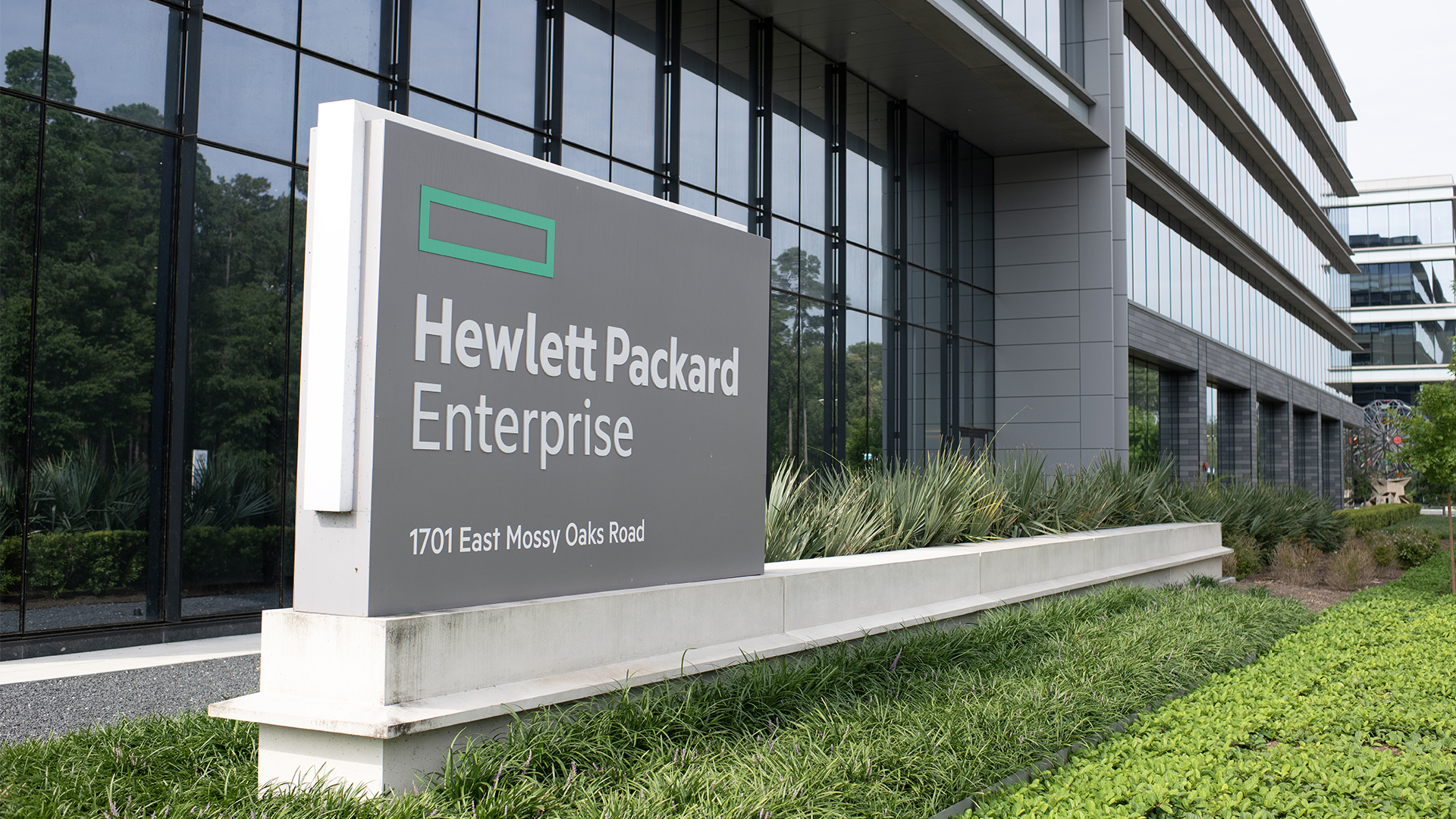 HPE's AI factory line just got a huge update
HPE's AI factory line just got a huge updatenews New 'composable' services with Nvidia hardware will allow businesses to scale AI infrastructure
-
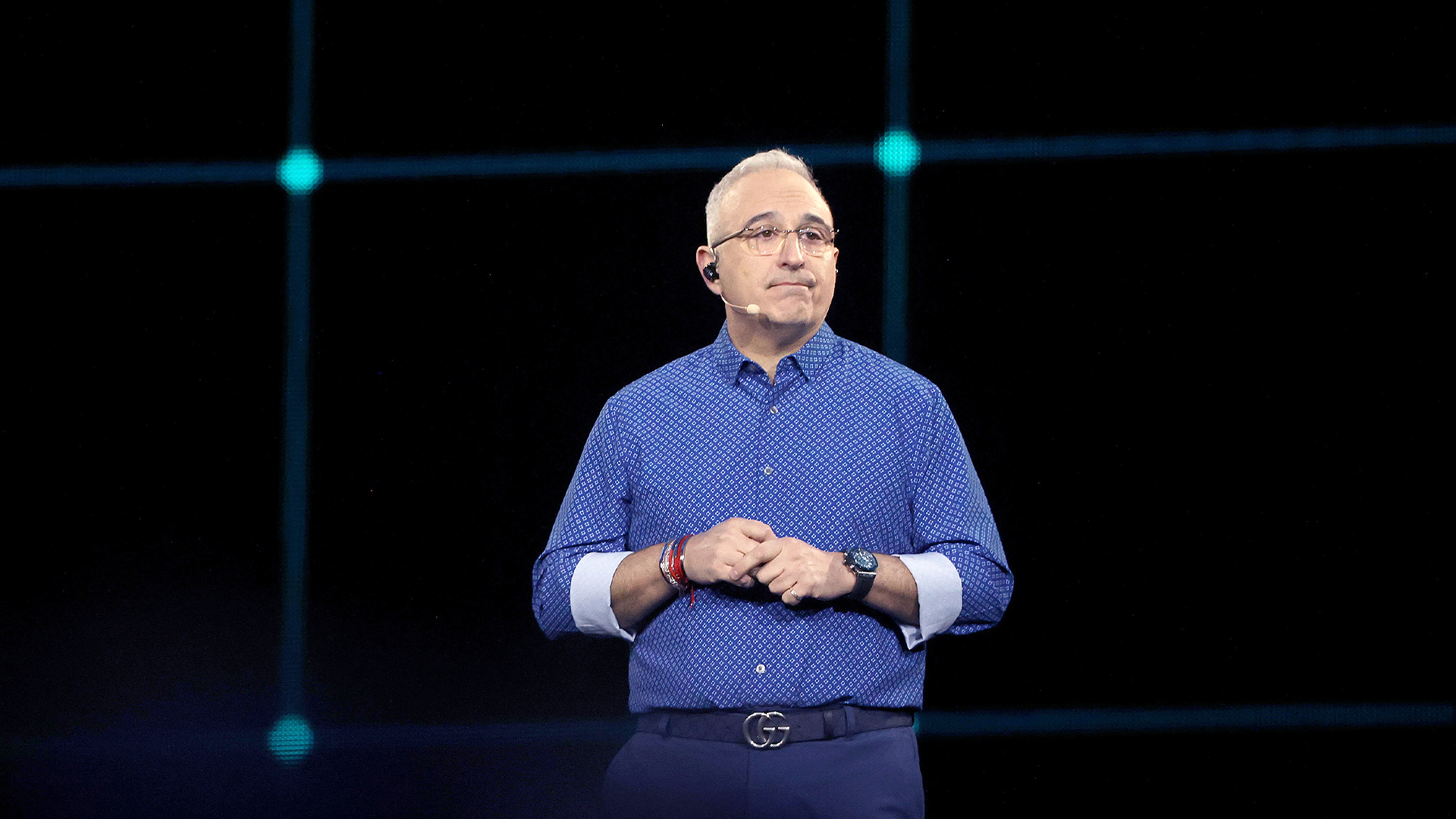 What HPE's results say about the direction of enterprise AI
What HPE's results say about the direction of enterprise AIAnalysis As with cloud computing, some companies value privacy over capacity
-
 Gaining timely insights with AI inferencing at the edge
Gaining timely insights with AI inferencing at the edgeWhitepaper Business differentiation in an AI-everywhere era
-
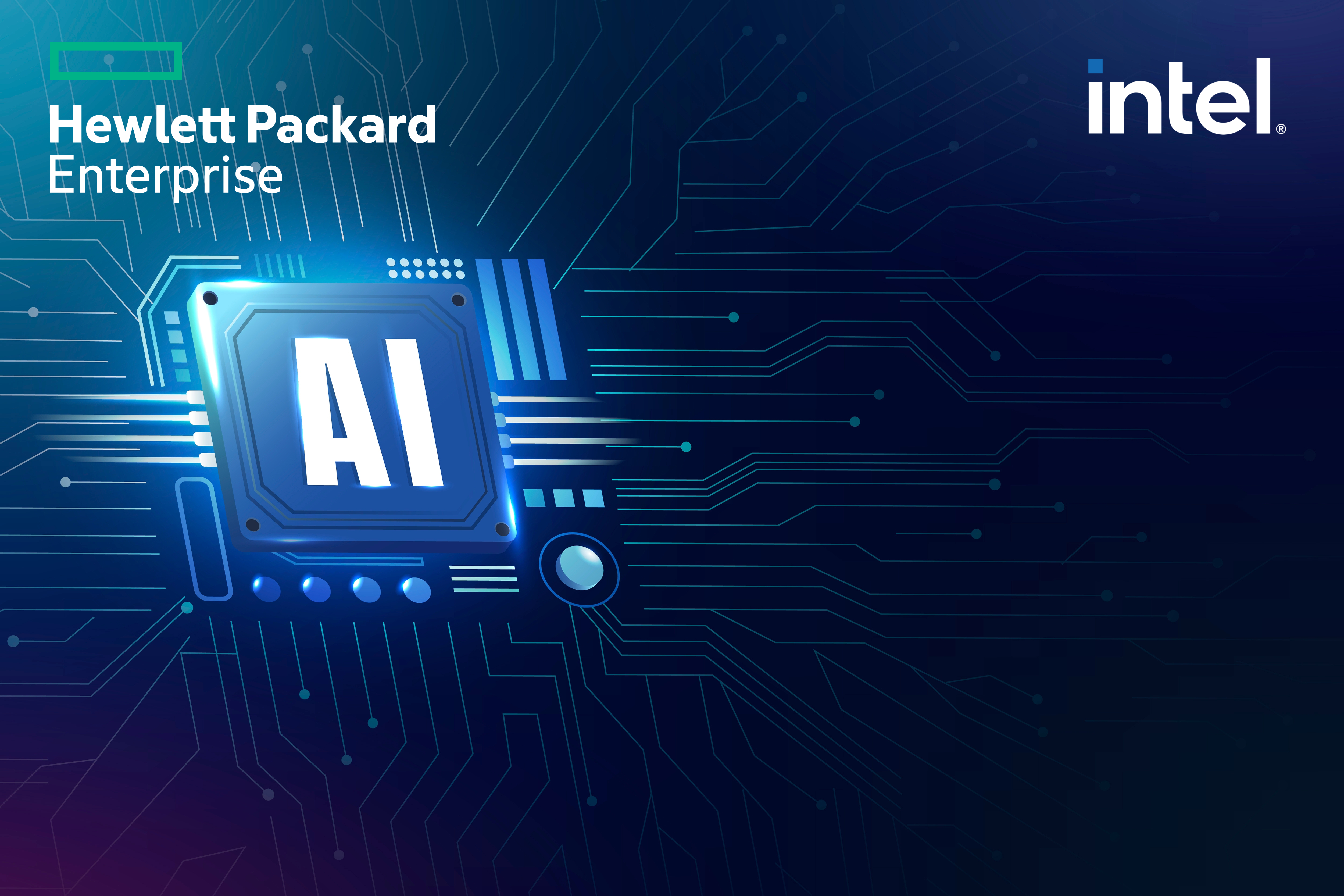 Digital strategies in the era of AI
Digital strategies in the era of AIWhitepaper Businesses are on the cusp of a major paradigm shift
-
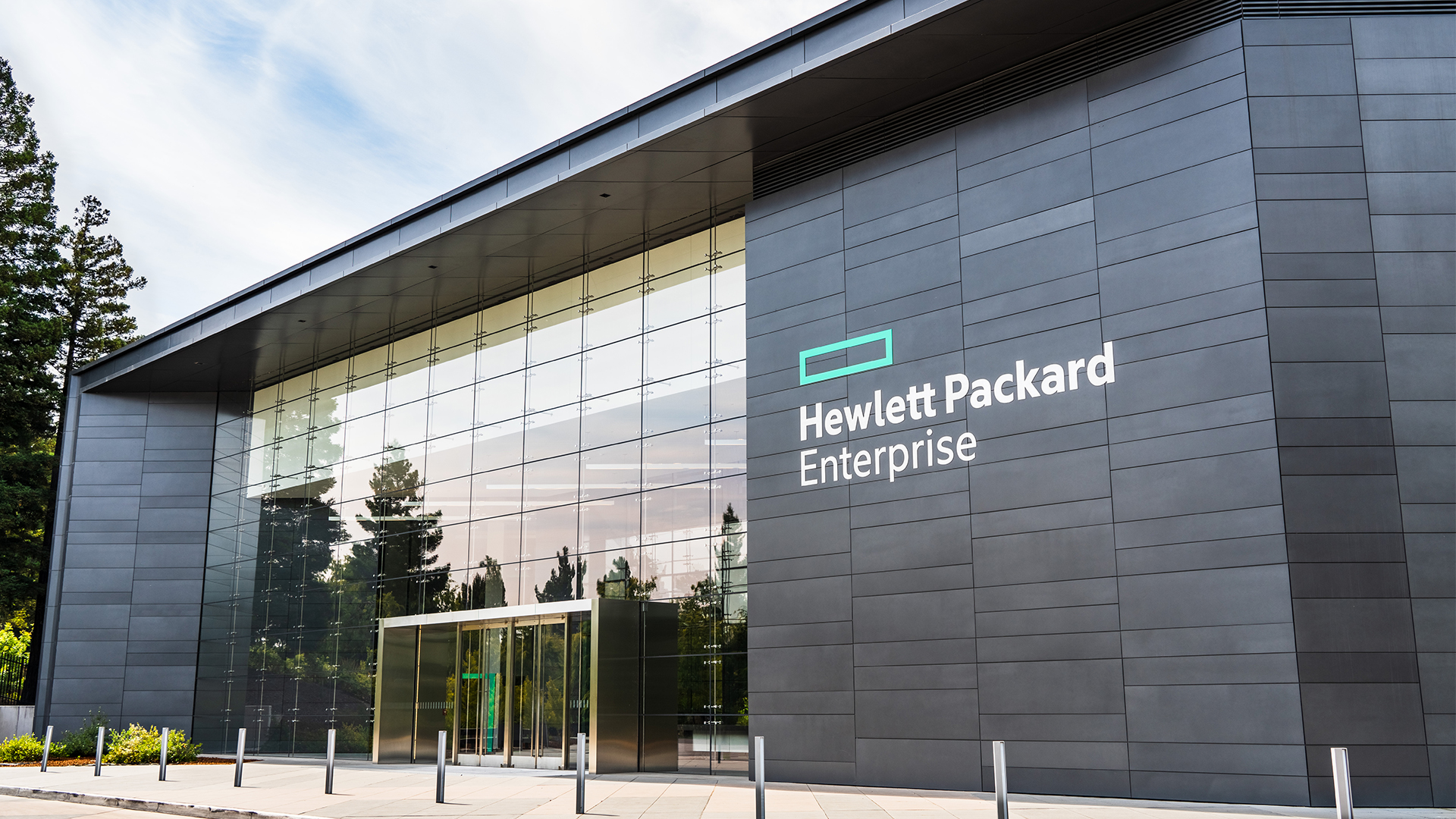 HPE’s AI and supercomputing journey continues with new Cray and Slingshot hardware
HPE’s AI and supercomputing journey continues with new Cray and Slingshot hardwareNews The company is also wooing MSPs and enterprises looking to roll out AI on-premises
-
 Scaling AI from pilot to production: Maximize AI impact with HPE & Intel
Scaling AI from pilot to production: Maximize AI impact with HPE & IntelWhitepaper Transform AI proof-of-concepts into full-scale implementations
-
 HPE’s ‘one-click AI solution’ for private cloud cuts project times from months to a ‘single moment’
HPE’s ‘one-click AI solution’ for private cloud cuts project times from months to a ‘single moment’News The new tools allow generative AI virtual assistants to be launched in seconds, using private data
